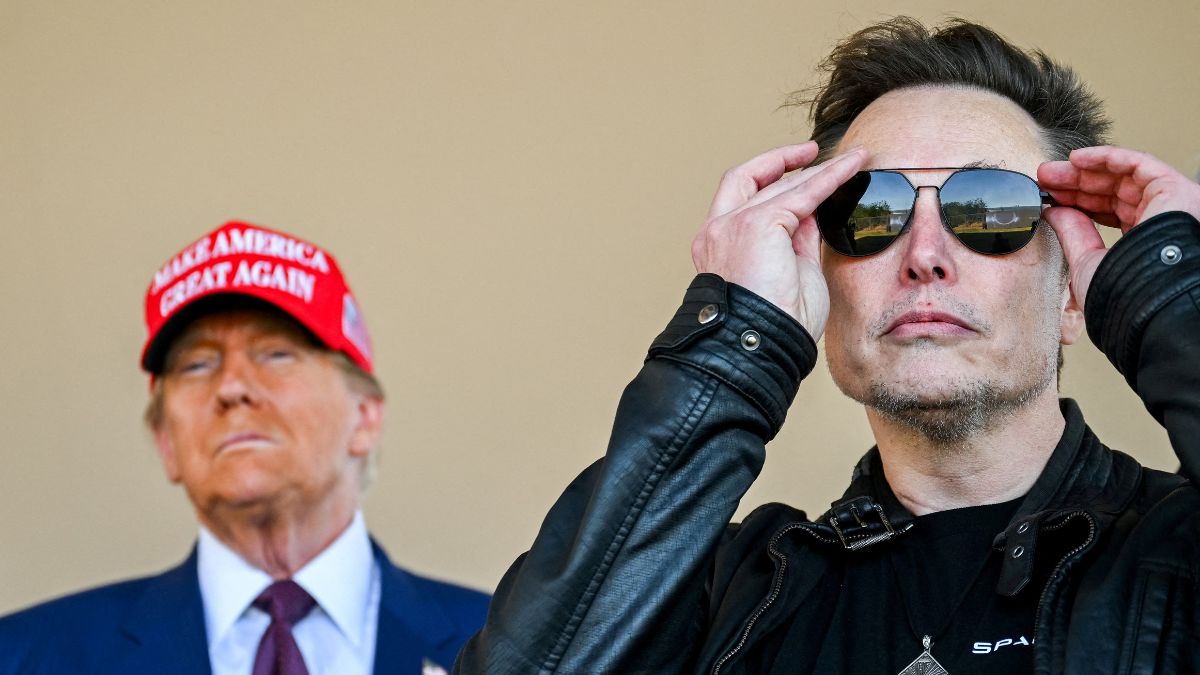Elon Musk’s Department of Government Efficiency (Doge) is set to examine Nasa’s financial operations, raising concerns over potential conflicts of interest given SpaceX’s extensive contracts with the agency.
Nasa’s acting administrator, Janet Petro, confirmed on Wednesday that Doge staff will review payments at the space agency, as they have done at other federal institutions.
“So we are a federal agency; we are going to have Doge come,” Petro told reporters at a conference in Washington. “They are going to look — similarly to what they’ve done at other agencies — at our payments.”
The Doge initiative, spearheaded by Musk under US President Donald Trump’s administration, aims to modernise federal technology and cut government expenditures. However, its rapid expansion has drawn scrutiny, especially in agencies where Musk’s business interests are deeply embedded.
Safeguards against conflicts of interest
Given SpaceX’s role as a major Nasa contractor, concerns have surfaced about Musk’s dual role as a government efficiency czar and a business leader with billions of dollars in federal contracts.
SpaceX currently holds approximately $15 billion in Nasa contracts, including missions ferrying astronauts to the International Space Station and the development of a lunar lander for the Artemis programme.
Petro assured that Nasa has stringent policies to prevent conflicts of interest. “Any employee or any person that’s coming in, we will check out their conflict of interest, make sure they don’t have any conflicts of interest with any of the companies that we work with,” she stated.
Musk has dismissed conflict-of-interest concerns regarding Doge’s review of government contracts, arguing that he does not personally handle contracts at SpaceX.
Nevertheless, questions persist, especially as some Trump administration officials have begun reviewing Nasa’s budget, which currently stands at approximately $24 billion annually.
The future of Artemis and Nasa’s moon missions
The scrutiny from Doge comes amid uncertainty regarding the Artemis programme, Nasa’s flagship initiative to return humans to the moon. Musk has publicly criticised Artemis, calling it an inefficient, “jobs-maximising programme” rather than a results-driven endeavour.
In December, he wrote on X: “Regarding space, the Artemis architecture is extremely inefficient, as it is a jobs-maximising programme, not a results-maximising programme. Something entirely new is needed.”
Nasa’s Space Launch System (SLS), a central component of the Artemis programme, is under particular scrutiny, reported Reuters. The multibillion-dollar rocket, developed by Boeing and Northrop Grumman, has been plagued by cost overruns and delays.
Doge representatives have reportedly begun examining the feasibility of scaling back or even cancelling the programme.
Republican lawmakers, whose states benefit from SLS-related jobs, are expected to push back against any such move. “The SLS will be fine,” said Republican Senator Tommy Tuberville of Alabama, home to 14,000 SLS-related jobs.
Representative Dale Strong, whose district includes Nasa’s Marshall Space Flight Center, argued that now is not the time to reassess the programme, stating, “You look at what it’s doing for national security, I don’t think now is the time to check up on it.”
Critics of the SLS point out its exorbitant costs — each launch is estimated to cost between $2 billion and $4 billion, compared to roughly $250 million for SpaceX’s Falcon Heavy.
Musk himself has long argued that reusable rockets like SpaceX’s Starship offer a more cost-effective alternative. In 2020, he remarked: “Fundamental issue with SLS is that it’s not reusable, which means that a billion-dollar rocket is blown up every launch!”
Nasa’s workforce reductions
In addition to Doge’s financial scrutiny, Nasa employees are facing significant workforce reductions. Petro revealed that “hundreds” of Nasa employees have accepted a government buyout programme introduced by the Trump administration.
The initiative, dubbed the “Fork in the Road” memo, encouraged federal employees to resign in exchange for payments through the end of the fiscal year. While initially paused by a federal court, the programme was later allowed to continue.
Across the federal government, approximately 65,000 employees have signed up for the buyout. At Nasa, the exact number of affected workers remains unclear.
Uncertain direction for Nasa
Nasa’s leadership is currently in transition, with President Trump’s nominee for Nasa administrator, Jared Isaacman, still awaiting Senate confirmation. Petro has stated that her role is to execute existing programmes rather than make major policy changes.
“We are executing on our programmes of record, which does include Artemis 2 and 3 and beyond,” Petro said. “When the new administrator gets confirmed, I am sure that he will talk with the White House and get the new direction, if there is a change in direction. That is not my role right now.”
US Senator Ted Cruz, chairman of the Senate Commerce Committee, confirmed that Isaacman’s confirmation hearing has yet to be scheduled. “We’re still waiting for the paperwork to be completed,” he stated.
“The confirmation can’t move forward until the paperwork has been submitted and completed.”
While cost-cutting measures may reshape Artemis and other programmes, political resistance and strategic priorities — including competition with China’s planned lunar missions — will likely influence the final outcome.
Reuters quoted Bill Nelson, former Nasa administrator and senator, who suggested that the Artemis programme will survive, stating, “I suspect that President Trump would like to be the president when we land on the moon after a half century, with five or six billion people watching.”
With inputs from agencies
)